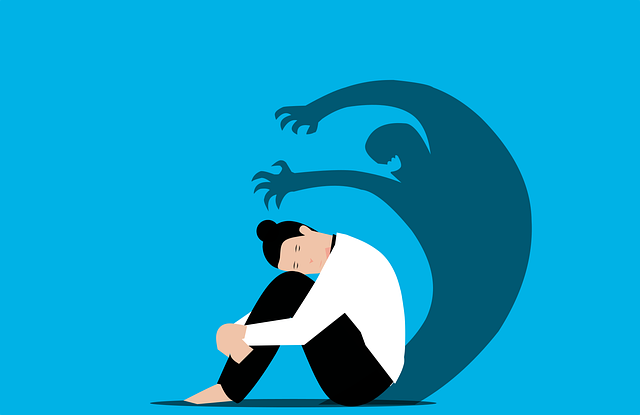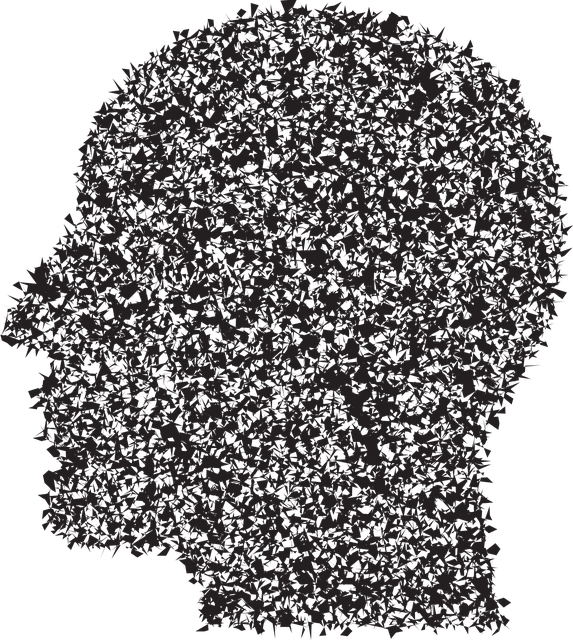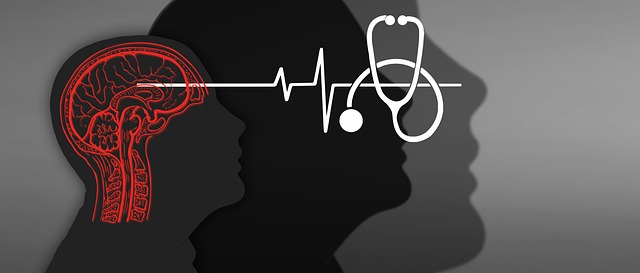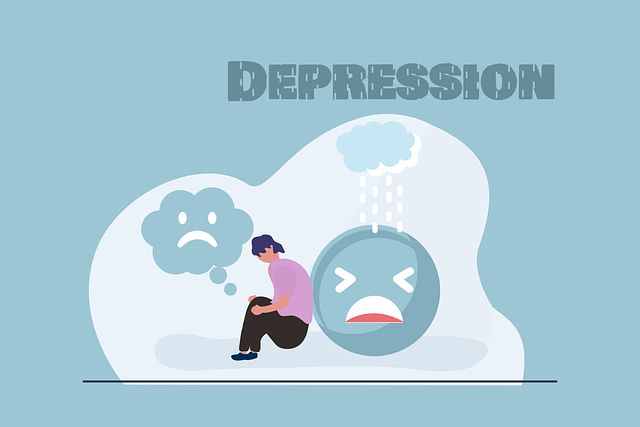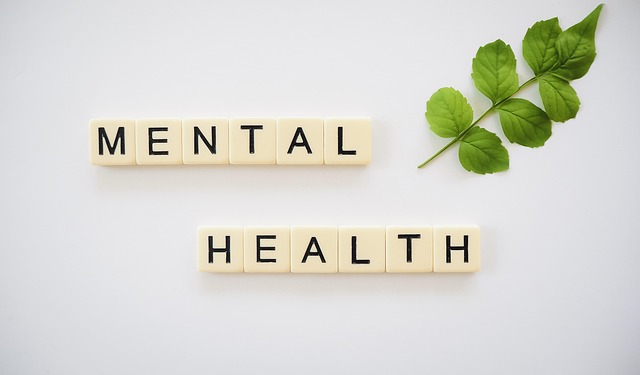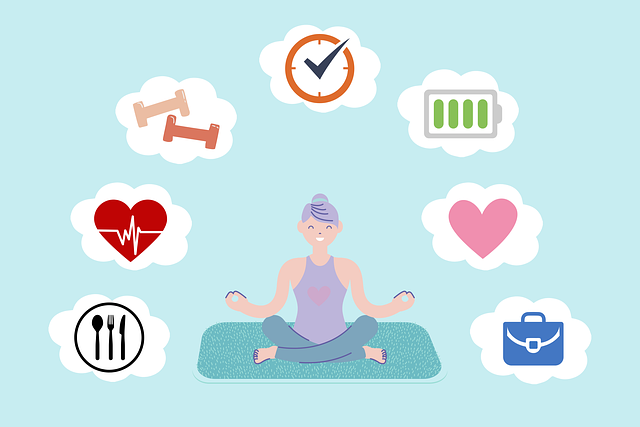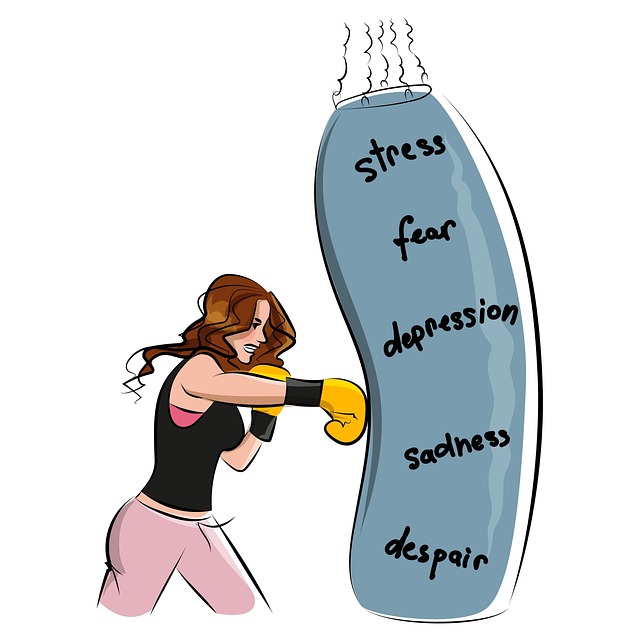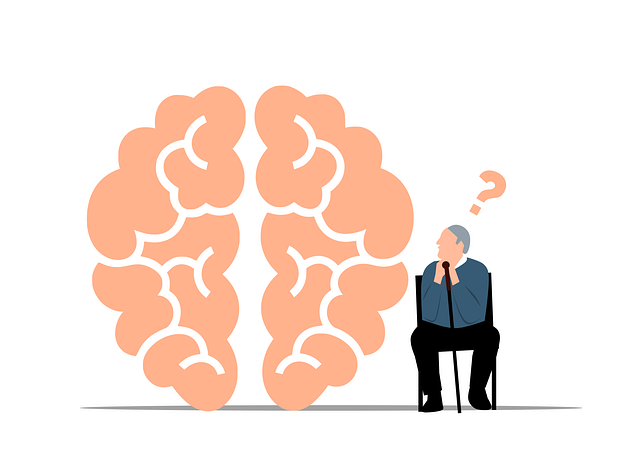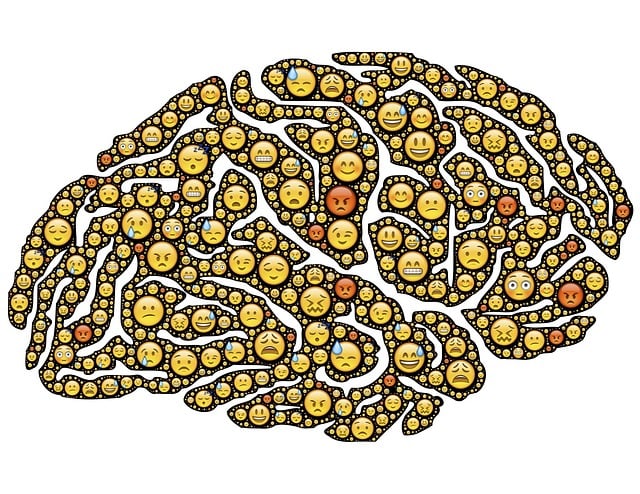Stress is a significant concern for young adults due to academic and professional pressures, potentially leading to mental health issues. Eye Movement Desensitization and Reprocessing (EMDR) therapy has emerged as an effective treatment, helping individuals process traumatic memories and reframe negative beliefs, thereby reducing stress and promoting emotional well-being. Combining traditional techniques like Cognitive Behavioral Therapy with lifestyle changes such as regular exercise, mindfulness, and adequate sleep, young adults can adopt a calmer mindset, improve resilience to stress, and enhance their overall mental health. Therapy, advocacy, and coaching programs collectively play a crucial role in supporting their mental wellness journey.
Stress reduction is a vital aspect of mental well-being, especially for young adults navigating demanding lifestyles. This comprehensive guide explores effective strategies to combat stress and anxiety, focusing on both traditional methods and innovative techniques like EMDR therapy. We delve into the unique challenges faced by young adults and how specialized therapies can provide a calming sanctuary. From understanding the impact of stress to exploring lifestyle changes, this article equips readers with tools to foster resilience and achieve a balanced mindset.
- Understanding Stress and Its Impact on Young Adults
- EMDR Therapy: A Novel Approach to Stress Reduction
- Traditional Techniques for Managing Stress
- Lifestyle Changes for a Calmer Mindset
- Seeking Support: Resources for Young Adult Mental Health
Understanding Stress and Its Impact on Young Adults

Stress is a ubiquitous part of modern life, particularly for young adults navigating demanding academic and professional expectations. It’s essential to understand that chronic stress can lead to significant mental health issues like burnout, depression, and anxiety. Young adults, often facing intense pressure to succeed, may struggle with managing stress levels, impacting their overall well-being and long-term success.
EMDR (Eye Movement Desensitization and Reprocessing) therapy has emerged as an effective approach for stress reduction in this demographic. This innovative form of psychotherapy helps individuals process traumatic memories and negative beliefs, fostering resilience and emotional regulation. By combining eye movements with guided recall of distressing events, EMDR enables young adults to reframe negative experiences, promote positive thinking, and ultimately, achieve better mental wellness. Additionally, considering burnout prevention strategies and enrolling in mental wellness coaching programs can offer tailored support for navigating stress, enhancing coping mechanisms, and cultivating a more balanced lifestyle.
EMDR Therapy: A Novel Approach to Stress Reduction

EMDR Therapy stands out as a novel and highly effective approach to stress reduction, particularly for young adults. This therapy method utilizes bilateral stimulation, such as side-to-side eye movements or subtle tactile signals, while patients recall traumatic memories or stressful events. The process helps to process and resolve these past experiences, reducing their emotional intensity and impact on the present.
By focusing on coping skills development and mental health awareness, EMDR therapy empowers individuals to manage and overcome stress in new, healthier ways. This innovative technique has gained recognition among healthcare providers for its effectiveness, leading to increased inclusion in cultural competency training for professionals serving young adults. The ability to access these advanced therapeutic tools underscores the growing commitment to holistic well-being within the mental health community.
Traditional Techniques for Managing Stress

Many traditional techniques have stood the test of time when it comes to managing stress. Therapies like Cognitive Behavioral Therapy (CBT) and Eye Movement Desensitization and Reprocessing (EMDR) are effective tools for young adults looking to reduce their stress levels. CBT helps individuals identify and change negative thought patterns, while EMDR facilitates the processing of traumatic memories, allowing for a more balanced emotional state. These therapeutic approaches have been refined over years of research and practice, making them reliable methods for improving mental wellness.
Beyond therapy, developing a robust self-care routine is paramount for maintaining better mental health. This includes activities such as regular exercise, adequate sleep, and engaging in hobbies that bring joy. Additionally, community outreach program implementations can foster support networks, providing individuals with opportunities to connect and share experiences, further enhancing one’s ability to manage stress effectively.
Lifestyle Changes for a Calmer Mindset

Adopting a calmer mindset starts with lifestyle changes that promote mental well-being. For young adults dealing with stress and anxiety, therapy plays a pivotal role in navigating their emotional landscape. Techniques like Eye Movement Desensitization and Reprocessing (EMDR) have proven effective in addressing past traumas, thereby reducing the intensity of stress responses. Incorporating regular exercise, mindfulness practices, and sufficient sleep into one’s routine can significantly lower levels of cortisol, the body’s primary stress hormone.
Moreover, cultivating positive thinking habits through cognitive-behavioral therapy (CBT) has been shown to enhance resilience against stressful situations. Mental health professionals emphasize the importance of a comprehensive risk assessment to tailor interventions effectively. By integrating these lifestyle adjustments and evidence-based therapies, young adults can foster a sense of emotional balance and improve their overall quality of life.
Seeking Support: Resources for Young Adult Mental Health

For young adults navigating life’s challenges, seeking support is a vital step in prioritizing mental health. Many find solace and effective treatment through therapy, which can be tailored to address specific issues like stress, anxiety, or trauma. EMDR (Eye Movement Desensitization and Reprocessing) is a recognized therapeutic approach that has shown promise in helping young adults process difficult experiences and reduce symptoms of post-traumatic stress disorder (PTSD). This non-invasive technique encourages the mind’s natural healing process.
In addition to therapy, there are numerous resources available to advocate for and enhance mental health policies. Mental Health Policy Analysis and Advocacy plays a crucial role in shaping support systems for young adults by influencing healthcare decisions and promoting access to evidence-based treatments like EMDR. Furthermore, the development of Mental Wellness Coaching Programs can provide ongoing guidance and strategies for managing stress and maintaining mental balance.
Stress is an inevitable part of life, but young adults can arm themselves with effective tools to manage it. By understanding the impact of stress on their mental health and exploring diverse strategies, such as EMDR therapy, traditional relaxation techniques, lifestyle adjustments, and accessing support resources tailored for their age group, young adults can navigate life’s challenges with resilience. Remember, seeking help is a sign of strength, and there are numerous resources available to foster better mental well-being.
